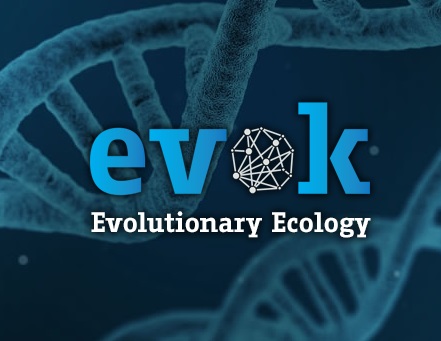Call for Marie Curie postdoctoral Individual Fellowship in the field of the "Evolution of the host-gut microbial symbiosis"
Offer Description
Our group is interested in understanding on the evolution of the host-gut microbial symbiosis. We use the Balearic lizardPodarcis lilfordi as a model system, an endemic lizard found in multiple islets in the Balearic Islands. These small vertebrate populations provide a simplified model for the study of host-microbiome, as their isolated nature allow to fully monitor both host genetics and microbiome variation at population level, and to explore theholobiont (host and gut microbes) local adaptation to their resource-limited environments.
The project aims to understand the role of the gut microbiota in the vertebrate dietary/metabolic adaptation, combining information from amplicon taxonomic and functional profiling of gut microbiota, shotgun metagenomics and metabolomics.
We count with a large dataset ready to be analyzed. The dataset encompasses nearly 300 samples from 14 islets/populations for which we sequenced the full 16S rRNA with Oxford Nanopore Technology (MinION). Individual metadata for each specimen is available (sex, lifestage, biometrics etc). We additionally count with SNPs data and the recently sequenced genome for this species (Garrido et al. 2023) for a comprehensive analysis.
The project is a collaboration with the University of Barcelona UB (Laura Baldo) and the Animal Demography and Ecology Unit (G. Tavecchia) at the Mediterranean Institute for Advanced Studies (IMEDEA, Mallorca, https://animaldemography.blogspot.com/).
L. Baldo’s team has 20 years of experience in the study of microbial symbiosis and has pioneered the study of the gut microbiota in iconic natural systems such as the cichlid fishes and the Balearic lizard. G. Tavecchia’s team is specialized on demographic modelling and the evolution of life-history traits in lizards (https://animaldemography.blogspot.com/). The candidate person will work in collaboration with the two groups.
We look preferentially for candidates with experience on microbiota studies and amplicon metagenomics. The candidate should have good bioinformatics and statistical skills (i.e. processing of Illumina Miseq amplicon data and/or ONT, multivariate statistical analyses), and be familiar with R programming or other languages. We look for a highly motivated candidate with a large interest in microbes, ecology and evolution.
contact: baldo.laura@ub.edu
